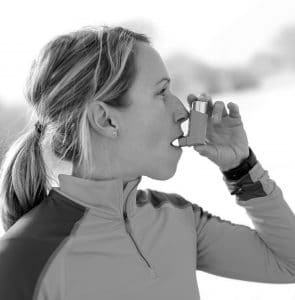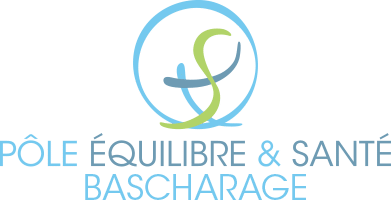Bascharage Respiratory Rehabilitation

Respiratory rehabilitation is a fundamental medical practice in the management of chronic respiratory pathologies, such as chronic obstructive pulmonary disease (COPD), respiratory failure, asthma, and other similar disorders. Crucial in the field of physiotherapy, it aims to improve patients’ quality of life by optimizing their respiratory capacity and managing the symptoms associated with these diseases. This holistic approach is specifically designed to meet the unique needs of each patient, integrating a wide range of therapeutic strategies.
Target audience and importance of Respiratory Rehabilitation
Respiratory rehabilitation is aimed at a broad spectrum of patients, from the very young to the elderly, suffering from a variety of chronic respiratory conditions. It is particularly beneficial for patients with moderate to severe forms of COPD, where it has demonstrated significant efficacy. By improving respiratory capacity and reducing symptoms, this method plays a crucial role in improving lung function and general endurance, enabling patients to lead more active and satisfying lives.
Objectives of Respiratory Rehabilitation
The main objectives of respiratory rehabilitation are varied and revolve around several axes:
- Improved Lung Function and Endurance: The program includes customized endurance and muscle-strengthening exercises to reduce dyspnea and increase exercise tolerance. These exercises are designed to gradually improve patients’ respiratory and physical condition.
- Therapeutic Education and Patient Autonomy: An essential part of treatment is therapeutic education, enabling patients to understand their disease and actively participate in managing their condition. This approach aims to empower patients in the management of their respiratory health, teaching them to set realistic goals and maintain the improvements achieved.
- Holistic disease impact management: Respiratory rehabilitation is not limited to the physical aspects of treatment, but also includes psychological and nutritional support. These elements are essential for treating the fatigue, stress and dietary imbalances often associated with respiratory disease, helping to improve the patient’s overall well-being.
The role of the physiotherapist and the multidisciplinary approach
The physiotherapist plays a central role in developing and implementing the respiratory rehabilitation program. Working closely with a multidisciplinary team including pulmonologists, nutritionists and psychologists, the physiotherapist designs a personalized treatment plan based on each patient’s specific needs and abilities. This tailor-made approach guarantees effective care, adapted to the particularities of each case.
Preliminary Assessment and Program Customization
Before starting respiratory rehabilitation, a full assessment is carried out to measure the patient’s exercise capacity and perception of the disease. This initial assessment is crucial to establishing a tailor-made program, aligned with the patient’s individual goals and needs. It also makes it possible to monitor progress over time and adjust the program accordingly.
Exercises and Activities in Respiratory Rehabilitation
Respiratory rehabilitation exercises vary and can include walking, cycling, swimming or resistance exercises. These activities are chosen for their effectiveness in improving respiratory capacity and endurance, while taking into account the patient’s preferences and limitations. The variety of exercises ensures constant stimulation of the respiratory system, promoting gradual, lasting improvement.
Long-term follow-up and learning retention
An important aspect of respiratory rehabilitation is long-term follow-up. This follow-up not only ensures continuity in the progress made, but also prevents recurrence or worsening of symptoms. The physiotherapist and care team accompany the patient throughout this process, adjusting the program as required and providing ongoing support.

